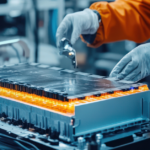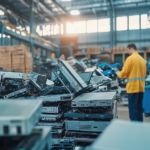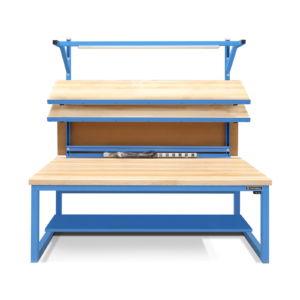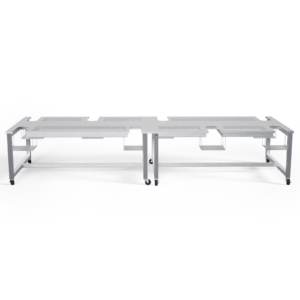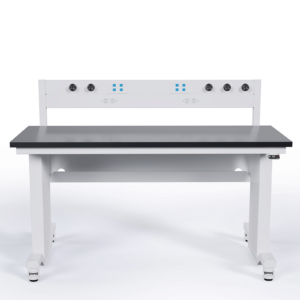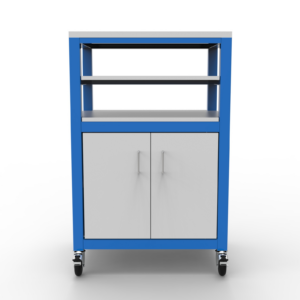Covid has Disrupted Supply Chains, and it could get Worse

We’ve all seen the headlines.
Worldwide chips shortage has reduced car production lines to a standstill, with analysts projecting that the situation will continue well into 2022, with IHS Market estimating that automakers will produce 10.6 million fewer vehicles in 2021 due to the chip shortfall.
Leading American retailers such as Costco report that the cost of shipping a container from Asia to the US has increased by as much as 6x, causing major retail companies, including Costco, Home Depot, Target, and Walmart, to charter their own container ships.
But chartering ships may not be enough to solve all the supply chain issues, as cargo ships remain stalled in waters outside key US ports on both the East and West coast, waiting for overwhelmed port, rail, and trucking firms to transfer the goods.
Increasing demand for fuel and transportation bottlenecks are hitting the UK especially hard; record natural gas prices and gasoline shortages threaten industrial production and economic activity.
And analysts point to a potential further supply chain collapse, which could seriously damage the world economy as it struggles to recover from the Coronavirus pandemic.
Wouldn’t it be Better if We Made Things Close to Home?
Until last year, the concept of a “supply chain” was virtually unknown outside the world of company executives and logistics, procurement, and distribution management professionals.
But supply chain disruptions during the height of the Coronavirus lockdown last year brought the issues home for a wide swath of the public – who became increasingly frustrated at the inability to buy staples such as toilet paper and baby wipes.
At the same time, healthcare providers (and other essential workers) could not find enough PPE (such as N-95 masks) or medical equipment (such as ventilators for Covid patients in the ICU) — which are now primarily manufactured overseas.
In the public’s mind, this desperate situation had one root cause — we are too dependent on overseas production – leading to an outcry that our public health and safety depends on returning to make critical items (especially PPE, medicines, and medical equipment) here at home.
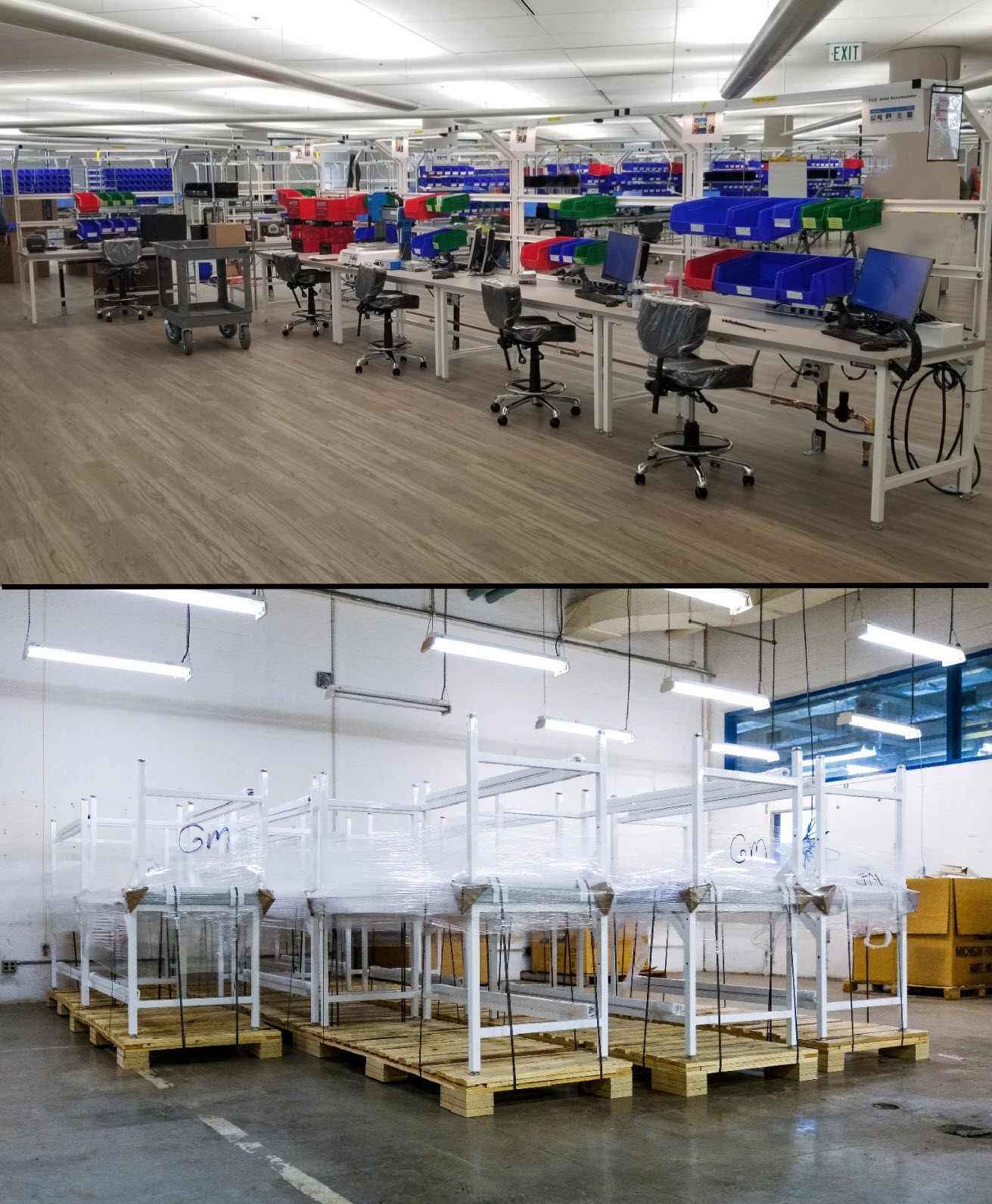
Company Executives Coming Around to Seeing Benefits of Reshoring Supply Chains and Manufacturing Operations
Public sentiment doesn’t always translate into action, however.
There’ve been many public awareness campaigns in the past (“Look for the Union Label” anyone?) that sought to pressure companies to produce goods in the USA — but to little avail.
However, things seem to be different this time.
An executive survey of manufacturing executives conducted by Thomas in March 2021 reports a sharp increase (from 54% to 85%) since the start of the pandemic in the number of companies that they are “likely,” “very likely,” or “extremely likely” to want to reshore their supply chains by replacing overseas producers with domestic sources.
This is a big change from before the pandemic.
According to the report, the top seven products or services that companies want to source domestically are:
- Metals and Metal Products
- Fasteners, Gaskets, or other Hardware
- Packaging Materials
- Electrical or Electronic Components
- Machining Tools and Services
- Automation Technologies
- Assembly Services
Thomas also reports that manufacturing companies are motivated by changing cost structures (making overseas imports more expensive) and a desire to reduce exposure to shipping cost fluctuations and disruptions.
(This uncertainty is also having a big impact on JIT (Just in Time) manufacturing, as automobile manufacturers reluctantly admit they cannot maintain predictable minute-by-minute parts deliveries needed to maintain the near-zero parts inventories which JIT manufacturing demands.)
Economists Point to a Potential Economic Growth Upside Bonus to Reshoring
Economists, too, are changing their tune.
After many years of arguing that international trade (and overseas production) was the best way to maximize company profits, many economists now see supply chain disruptions as a major source of risk.
Candace Browning, Head of Bank of America’s Global Research team, points out that the cost of reshoring once seemed too expensive – that is before Covid. The bank’s analysts found that among the 3,000 global companies it follows, more than 80% experienced supply chain disruptions during the pandemic, and three-quarters of those companies are now looking into reshoring. Companies appear willing to absorb higher costs in favor of reducing supplier uncertainty and transport risks.
Browning emphasizes that the cost of shifting supply chain hubs out of China (estimated at a capital expenditure cost of $1 trillion) is not that prohibitive if you look at it over a five-year period. “At the end of that period, we estimate the cost of doing so would reduce aggregate Return On Capital Employed (ROCE) by just 70 basis points, from 8.9% to 8.2%, and reduce Free Cash Flow-to-sales by 100 basis points, from 7.2% to 6.1%.”
Not only could reshoring reduce risk, it could also spur economic growth.
The Thomson report (mentioned above) estimates that if 83% of US manufacturers switched to just one additional domestic supplier (with a typical contract of just over $900k), the result would represent a $443 billion injection into the US economy.
Economic analysts at the consulting giant PwC believe that these reshoring initiatives could have a significant net positive effect on the G7 industrialized countries (e.g. the US, UK, France, Germany, Italy, Canada, and Japan).
According to a new PwC report, “Our analysis finds that reshoring has the potential to increase the annual output of the G7 by around $136bn to $272bn (in constant 2019 prices) over the next decade. Using GVA-employment ratios, we find that this is equivalent to around 0.6 to 1.2m jobs returning to the G7, with the largest increases seen in Germany and the US.”
Reshoring is Now Increasing at its Fastest Pace in Years
So in company executives and economic analysts are seeing increased value in reshoring production back to the Americas from Southeast Asia and other foreign shores, when will we see an uptick in domestic factory production.
The answer is that it already appears to be happening.
According to the Reshoring Initiative, reshoring or foreign direct investment (FDI) will add 224,213 jobs to the US economy in 2021, at 38% increase over the 160,000 jobs added in 2020. (62% of the new jobs were from reshoring, with the remainder coming from direct foreign investment).
Overall, the Reshoring Initiative reports that domestic jobs have increased by over 1 million between 2010 and May 2021.
White House Efforts to Encourage Reshoring
The Biden administration is eager to capitalize on the reshoring trend – encouraging the creation of more American jobs is not just good economics, it’s also good politics.
On February 24, President Biden issued an executive order calling for a 100-day review of supply chains in critical industries supplying essential goods, including pharmaceuticals (including active pharmaceutical ingredients, or APIs), semiconductors, critical minerals, and large batteries.
On June 4, the White House issued a report outlining its findings and executive actions, including:
- Plans to address near term supply chain disruptions
- Calls for more domestic manufacturing of Covid vaccines
- Investment in rare earth minerals to avoid dependency on Chinese suppliers
- Development of six domestic “industrial bases” to ensure economic and national security
- Perform a one-year assessment of defense and public health industrial bases, information technology, transportation, and supply chains for food and agriculture
In a move that has surprised some political observers, the Biden administration does not appear eager to reverse Trump-era trade policies with China, choosing to continue maintaining numerous sanctions and tariffs (such as those on steel imports) – in an effort to “decouple” critical supply chain infrastructure from Chinese suppliers, especially when it comes to semiconductors.
What Can We Expect to Happen in the Coming Years?
Predicting the future is hard, especially when Congress is involved.
Votes in Washington over trillions of dollars in infrastructure spending could really change the outcome of reshoring efforts here at home.
If the Biden agenda is passed in full, then there will be billions of dollars investing in “green” technology, including manufacturing domestic solar and battery products and services.
(Despite WTO restrictions, the Biden administration has inserted what is effectively a “buy American” clause into new government purchasing contracts, which are expected to extend to future infrastructure spending.)
But even without a Federal injection of infrastructure spending, the private sector plans to make major investments in building new factories in the US.
Once sector that is expected to see spectacular growth is battery manufacturing for EV production as well as off-grid electric power storage.
According to Autoline, the CEO of SK Innovation (which is partnering with Ford to produce batteries for its EVs) says they have a battery production order backlog of 1,600 gigawatts of batteries, enough to power 27 million EVs. They are investing in new production facilities here in the US, but since it takes 30 months to bring a new battery factory online, they don’t expect supply to catch up with domestic demand until 2025.
And Foxconn, the Taiwanese company known for assembling iPhones in China – and for its failed project to build consumer electronics in Wisconsin is once again in the news – lured back to the US by the growing demand for electric vehicles.
The company has announced it plans to purchase the former GM assembly plant in Lordstown, Ohio, for $230 million, where it plans to build EVs for a variety of customers, including Fisker.
(But why couldn’t Foxconn use the new empty factory it built in Wisconsin for this? According to Autoline, the Foxconn plant in Wisconsin wasn’t built with thick enough concrete floors to support heavy automobile production.)
Formaspace is Your Reshoring Partner for Domestic Manufacturing
Turn to Formaspace for efficient manufacturing solutions.
We build custom industrial furniture systems used by leading manufacturing companies to make their assembly factories, material handling processes, and shipping and receiving operations more efficient.
If you can imagine it, we can build it, here at our factory headquarters in Austin, Texas.
Contact your Formaspace Design Consultant today to find out how we can work together.



